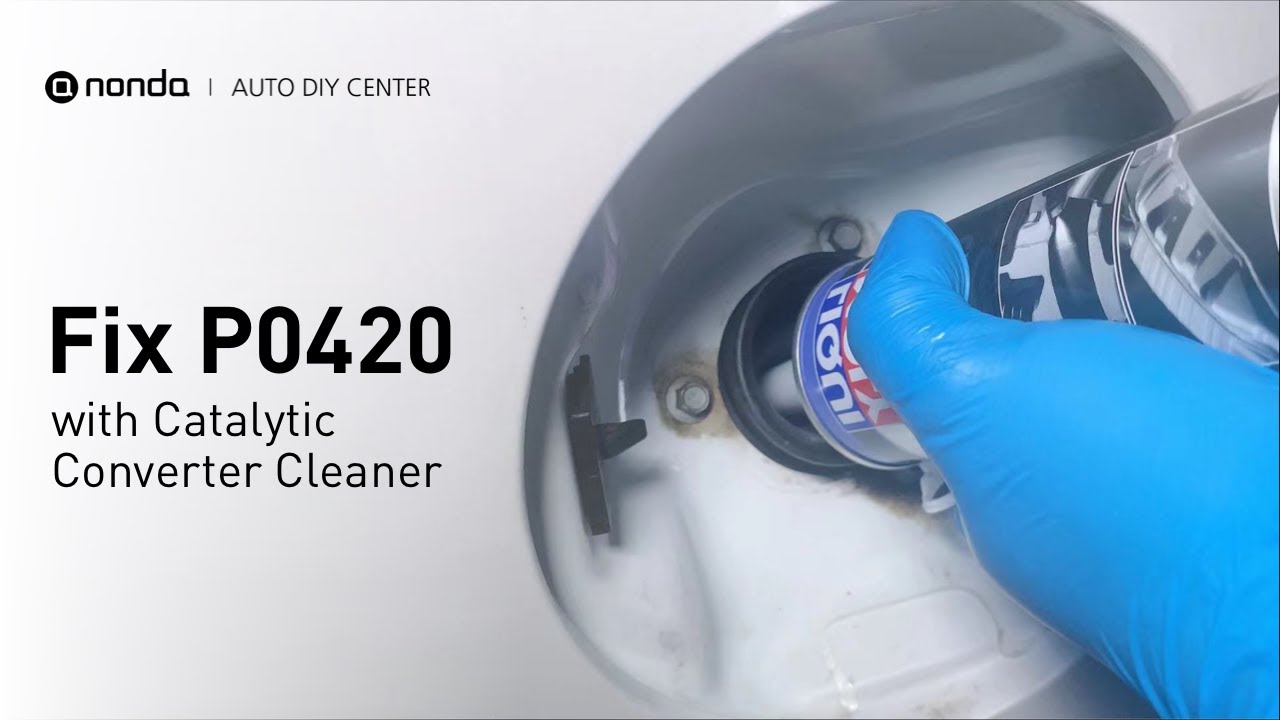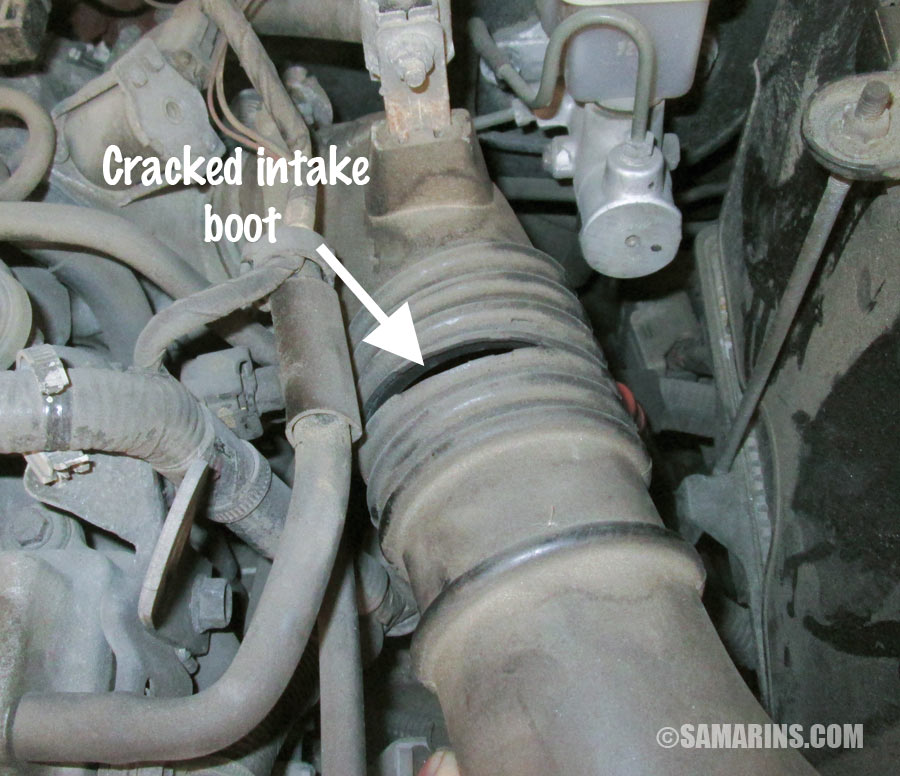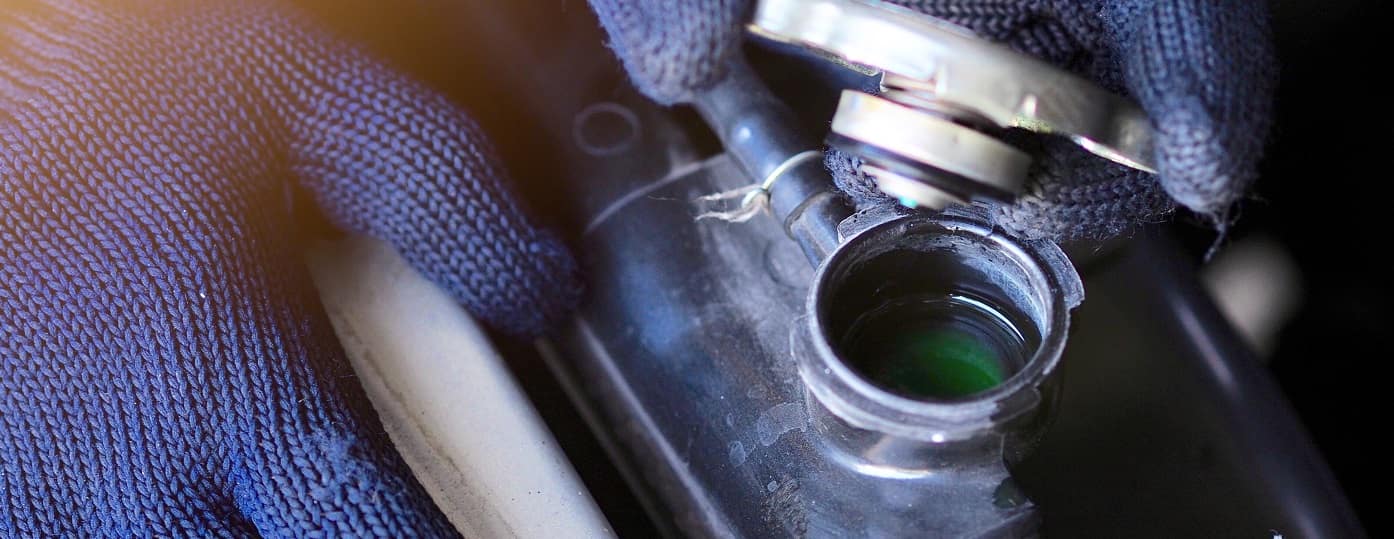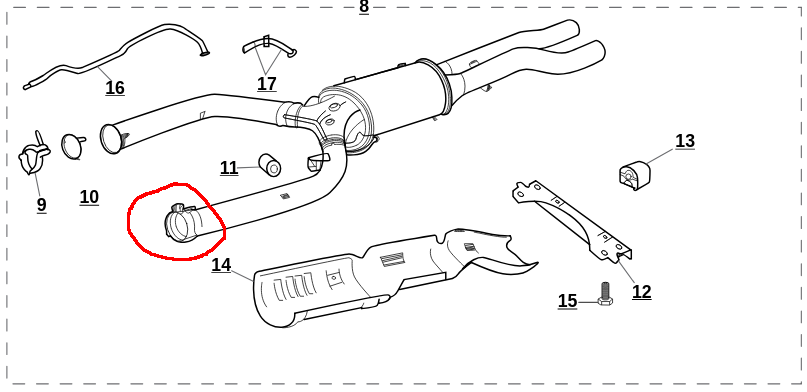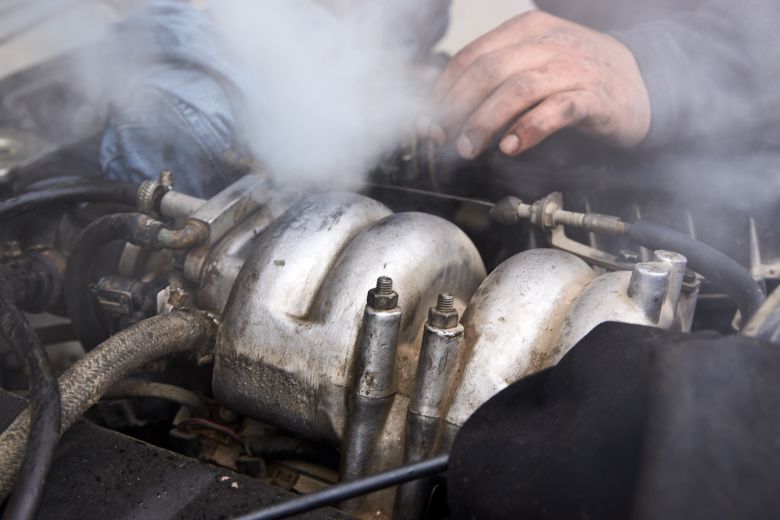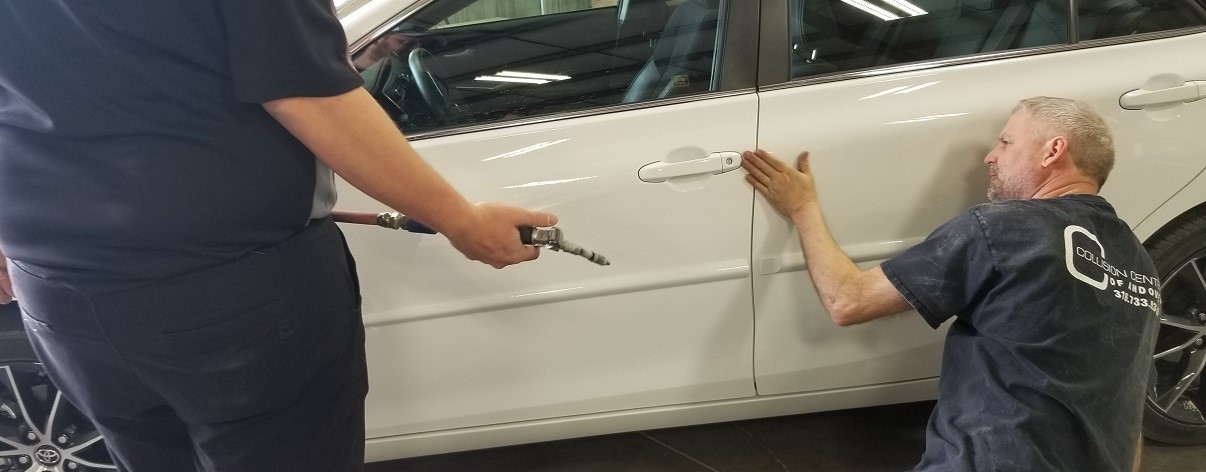Will Catalytic Converter Cleaner Fix P0420
Catalytic converter cleaner can temporarily alleviate a P0420 code, but it’s not a guaranteed or permanent fix. Using a cleaner might help clear out some deposits that are causing the code.
Catalytic converter issues are a common worry for vehicle owners, especially when the dreaded P0420 code pops up, signaling a problem with the catalytic converter’s efficiency. While no magic bullet can cure all catalytic converter ailments, a catalytic converter cleaner has emerged as a first-aid measure for those seeking a quick and cost-effective solution.
It’s designed to clean out the carbon buildup and other contaminants that could be hindering the performance of your vehicle’s emissions control system. For drivers seeking to pass an emissions test or attempting to improve their car’s performance, the cleaner offers a glimmer of hope without the immediate cost of a full replacement. Nonetheless, it remains a temporary solution, best-suited for mild issues and should not replace proper diagnostic and repair services from a professional mechanic.
The P0420 Code: A Symptom Of Trouble
When the dreaded P0420 error code flashes on your car’s dashboard, it signifies a worrying issue with your vehicle’s catalytic converter. This code points towards your catalytic converter not working as efficiently as it should. Knowing what causes it and whether catalytic converter cleaner can fix it is crucial for any vehicle owner.
Catalytic Converter Efficiency Below Threshold
The ‘Catalytic Converter Efficiency Below Threshold’ message implies the converter isn’t breaking down harmful exhaust gases effectively. Essential in reducing car emissions, a well-functioning catalytic converter is vital for your car and the environment.
Common Triggers For The P0420 Code
Several issues might cause a P0420 error code. It’s critical to understand these to address the problem properly. Here are the common triggers:
- Oxygen Sensors: Faulty sensors can send incorrect data, triggering the code.
- Fuel System: A rich or lean fuel mixture can negatively impact converter efficiency.
- Exhaust Leaks: Leaks can disrupt sensor readings and reduce catalyst efficiency.
- Worn-out Catalytic Converter: Over time, converters can degrade, prompting the P0420 code.
- Incorrect Engine Timing: This can cause unburned fuel to enter the catalytic system, leading to the code.
Determining the exact cause is essential; implementing a fix, such as using a catalytic converter cleaner, may help. Nonetheless, it’s a short-term solution if underlying issues persist.

Credit: www.amazon.com
Catalytic Converter Cleaners: A Quick Fix?
Dealing with a P0420 error code can be frustrating. The code suggests your vehicle’s catalytic converter isn’t working as it should. Catalytic converter cleaners may offer a simple and cost-effective solution. These cleaners aim to remove the deposits that prevent converters from functioning correctly.
How These Cleaners Work
Catalytic converter cleaners are chemicals that break down the deposits within your car’s exhaust system. You pour them into your fuel tank. As the fuel burns, the cleaner moves through the exhaust, reaching the catalytic converter. Here, it helps dissolve the build-up that hampers performance.
These cleaners typically contain:
- Acetone: aids in breaking down deposits
- Xylene: assists in cleaning the system
- Isopropanol: helps to remove moisture
The process is straightforward:
- Add the cleaner to a near-empty tank.
- Fill the tank with fuel afterward.
- Drive normally to allow the mixture to circulate.
Efficacy And Limitations
Catalytic converter cleaners can sometimes resolve error P0420, but they are not a guaranteed fix. They’re most effective when used on converters that suffer from mild to moderate contamination.
Success depends on:
- The level of clogging
- Overall converter health
- The chemical composition of the cleaner
When cleaner use fails, mechanical issues might be the cause:
| Possible Issue | Effect on Converter |
|---|---|
| Damaged O2 sensors | Incorrect readings |
| Exhaust leaks | False O2 sensor triggers |
| Physical damage | Irreversible harm to converter |
Seek a professional mechanic’s opinion if a cleaner doesn’t clear the P0420 code. Continued use of a damaged converter can lead to more severe issues.
Determining If Your Vehicle Is A Good Candidate
Determining if your vehicle is a good candidate for a catalytic converter cleaner in fixing a P0420 error code is crucial. Understanding whether the cleaner will resolve the issue without the need for a costly replacement involves assessing two critical areas: converter contamination and physical converter damage. A thoughtful evaluation can save time and money.
Understanding Converter Contamination
Catalytic converters deal with exhaust pollutants. Over time, they may get contaminated. Contaminants from oil or antifreeze entering the exhaust system may render your converter less effective. This may trigger a P0420 code, indicating that the catalytic converter’s efficiency is below the threshold. Using a catalytic converter cleaner can often resolve this issue.
Consider these points to determine contamination levels:
- Recent car behavior: Excessive smoke or a decline in performance may suggest contamination.
- Maintenance records: Frequent oil or coolant top-ups can lead to contamination.
- Age of vehicle: Older vehicles are more prone to contamination.
Evaluating Converter Physical Damage
Physical damage often spells the end for a catalytic converter. A cleaner won’t fix cracks, dents, or other structural issues. Visual inspection and listening for unusual sounds can identify physical damage. Look for these signs:
| Sign | Indicator of Physical Damage |
|---|---|
| Rattling sounds | This may point to internal parts breaking down. |
| Visible dents or holes | External force or impact could have compromised the converter. |
| Exhaust blockage | A severe clog may cause pressure and backfire. |
If you detect physical damage, it is unlikely that a cleaner will resolve the P0420 code. In such a case, consult a professional mechanic for an appropriate remedy.

Credit: m.youtube.com
Step-by-step Guide To Using Catalytic Converter Cleaners
Many car owners face the dreaded P0420 code, indicating a problem with the catalytic converter. A solution might be a catalytic converter cleaner, but proper usage is crucial for effectiveness. This Step-by-Step Guide to Using Catalytic Converter Cleaners helps you navigate this process.
Choosing The Right Cleaner
To begin, selecting an appropriate cleaner is imperative. Look for products specifically designed to clean catalytic converters and check compatibility with your vehicle type.
- Consider the cleaner’s formulation: Some are more potent than others.
- Read reviews: Others’ experiences can guide your choice.
- Check the price: It should align with the quality.
The Cleaning Process
Once the right cleaner is at hand, it’s time to start the cleaning process.
- Read instructions: Each cleaner has unique application methods.
- Prepare your car: Ensure it’s on a flat surface and the engine is cool.
- Add the cleaner: Pour the cleaner into the fuel tank as instructed.
- Drive the car: This helps the cleaner reach the catalytic converter.
After the drive, your converter cleaning is complete! The P0420 code should resolve if the cleaner works.
Safety Precautions
Safety cannot be overlooked when dealing with chemicals and vehicles.
- Wear gloves: Protect your hands from harsh chemicals.
- Work in a well-ventilated area: Avoid inhaling fumes.
- Keep away from flames: Chemicals could be flammable.
- Store safely: Keep leftover cleaner away from children and pets.
Alternative Solutions For P0420
When the dreaded P0420 code pops up, it signals that your vehicle’s catalytic converter isn’t performing as expected. But before waving the white flag and opting for pricey replacements, exploring alternative solutions might just steer you down the road to a less costly and effective fix.
Professional Diagnostic Approaches
Facing a P0420 code, a thorough diagnostic is key. Trust a professional’s opinion to ensure the underlying problem isn’t misjudged.
- Check for exhaust leaks
- Assess oxygen sensor function
- Examine the catalytic converter
- Evaluate engine performance
A detailed report pinpoints issues with precision, offering a clear path forward.
Replacement Versus Cleaning
The P0420 code can ignite a dilemma: replace the catalytic converter or attempt to clean it? Each option has its merits.
| Choice | Pros | Cons |
|---|---|---|
| Cleaning |
|
|
| Replacement |
|
|
Opting for a cleaner offers an affordable, quick fix, but may not solve the issue long term. Replacement is pricey but restores peak performance. The choice depends on your situation and the car’s condition.

Credit: www.amazon.com
Preventive Measures To Avoid Future P0420 Codes
Preventive measures ensure your vehicle continues to run smoothly and minimizes the risk of a P0420 code, which can indicate a problem with your vehicle’s catalytic converter efficiency. By adopting certain habits and carrying out regular maintenance, you can often avoid the expense and hassle of catalytic converter issues.
Regular Maintenance Tips
Staying on top of your car’s maintenance schedule is key to keeping the catalytic converter healthy. Simple steps like changing your oil regularly, replacing spark plugs, and checking for exhaust leaks can make a big difference.
- Check and replace the oxygen sensors as needed.
- Ensure timely oil changes to prevent contaminants.
- Inspect and maintain ignition system components.
- Scan for codes periodically, even if no symptoms show.
Fuel Quality And Driving Habits
High-quality fuel keeps your engine and catalytic converter running clean. Avoiding short trips that prevent the catalytic converter from warming up can also help.
| Fuel Type | Benefits |
|---|---|
| Top Tier Gasoline | Reduces deposits on engine components. |
| Low Sulphur Diesel | Minimizes sulphur buildup in the exhaust system. |
- Choose high-quality fuels.
- Avoid engine idling for long periods.
- Take regular highway drives to maintain catalyst heat.
Frequently Asked Questions For Will Catalytic Converter Cleaner Fix P0420
Can A Catalytic Converter Cleaner Clear Code P0420?
Using a catalytic converter cleaner can sometimes clear a P0420 trouble code if the issue is due to minor clogs or contaminants. However, it’s not guaranteed and often serves as a temporary solution.
Does P0420 Always Mean Catalytic Converter Replacement?
No, P0420 indicates that the catalytic converter efficiency is below the threshold, but it can also be due to faulty sensors or other exhaust leaks. A full diagnostic is recommended.
How Often Should You Use Catalytic Converter Cleaner?
Catalytic converter cleaner should not be overused. Typically, it can be applied every 3,000 to 4,000 miles or as recommended by the product manufacturer.
Will Catalytic Converter Cleaner Improve Fuel Efficiency?
Catalytic converter cleaner can potentially improve fuel efficiency by cleaning the catalytic converter and restoring its ability to properly manage exhaust gases, but results may vary.
Conclusion
To wrap things up, catalytic converter cleaners can be a solution for error code P0420, but they’re no magic bullet. Regular maintenance and addressing underlying issues is essential for catalytic converter health. For more persistent problems, consulting a professional mechanic remains the best course of action.
Keep your vehicle’s emissions in check and drive cleaner!

